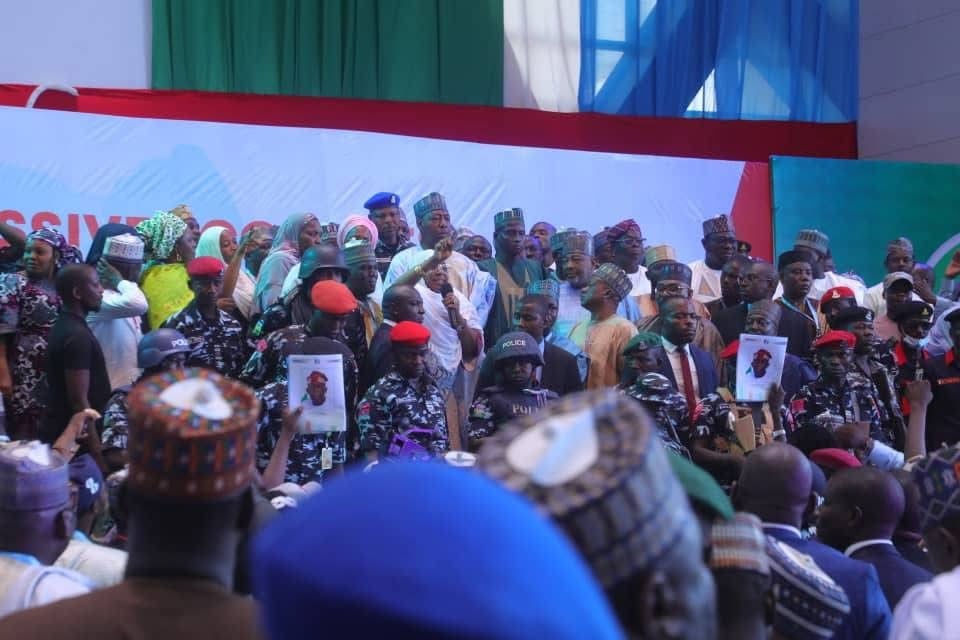The Dangote Petroleum Refinery has said that it will begin distributing Premium Motor Spirit (PMS) and Automotive Gas Oil (AGO), also referred to as petrol and diesel, nationally on August 15, 2025, as concerns about an impending fuel shortage engulf Lagos and other regions of the nation.
According to PUNCH News, tanker drivers and gasoline marketers in Lagos State said on Sunday that they will stop loading and distributing petroleum goods as of right now; therefore, the announcement comes at a crucial time. The protest is a result of the Lagos State Government’s controversial E-Call Up system rollout, specifically on the Lekki-Epe Corridor, where truck drivers must now pay N12,500 per vehicle to gain access.
The Dangote Refinery, Africa’s largest integrated petrochemical complex, stated in a statement issued Sunday night that the decision to start full-scale distribution of PMS and diesel was made in reaction to the ongoing disruptions and the need to stabilise the downstream industry.
The firm stated, “We are happy to announce that the Dangote Petroleum Refinery will begin the nationwide distribution of both petrol and diesel on August 15, 2025, to help ease the strain in fuel supply and enhance national energy security.”
With a 650,000 barrels per day refining capability, the refinery’s mass distribution is anticipated to enhance domestic availability and drastically lessen Nigeria’s reliance on imported fuel.
One union representative told reporters, “We are not against orderliness, but you cannot force us to pay what we cannot afford, especially when the infrastructure does not support it.”
The Lagos State Government retorted that the policy must be implemented immediately, citing the need to reduce extortion, unlawful parking, and disorder in the state’s transport system.
Some union leaders have been accused by Transportation Commissioner Seun Osiyemi of taking up to N41,000 per truck from drivers without offering any services or any responsibility.
The purpose of the E-Call Up system is to provide openness and sanity. Osiyemi declared, “We will not let special interests sabotage this reform.”
The unrest in Lagos highlights the vulnerability of Nigeria’s petroleum distribution system, which mostly depends on port logistics and transportation and is regularly interrupted by bureaucratic delays, inadequate infrastructure, and union-government disputes.
According to analysts, Dangote’s fuel distribution debut on August 15 might be revolutionary, possibly ending long-standing monopolies and bringing in a more reliable supply model.
However, until the conflict between the unions and the government is settled — or until help from the Dangote Refinery arrives — citizens of Lagos and other cities are currently preparing for fuel lines, high pump prices, and potential black-market activity.







Leave a Reply